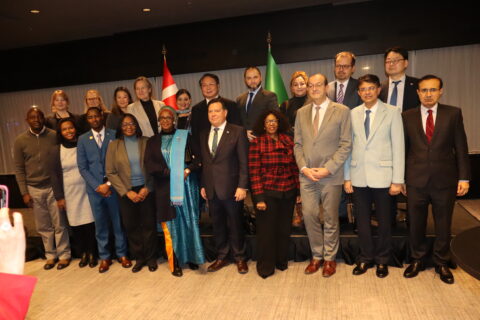The United Republic of Tanzania
About Tanzania
The United Republic of Tanzania lies in Eastern Africa between longitudes 29° and 41° East, and latitudes 1° and 12° South. It was formed through the union of two former sovereign states, Tanganyika and Zanzibar.
Tanganyika gained sovereignty on December 9, 1961, becoming a republic the following year. Zanzibar became independent on December 10, 1963, and after a revolution on January 12, 1964, established the People’s Republic of Zanzibar. On April 26, 1964, the two republics united to form Tanzania.
As East Africa’s largest country by land area, Tanzania has a diverse landscape with coastal plains, an inland saucer-shaped plateau, and highlands. The Great Rift Valley stretches through the center, creating dramatic scenery that includes Africa’s highest peak, Mount Kilimanjaro. Known for its rich biodiversity, Tanzania is home to pristine beaches and some of Africa’s most iconic national parks, such as Serengeti, Ngorongoro Crater, and Selous.
Dodoma serves as the political capital, while Dar es Salaam is the commercial capital and major port, connecting landlocked neighbors like Malawi, Zambia, and Rwanda, as well as Eastern DRC. Other key ports include Zanzibar, Tanga, and Mtwara. Due to its strategic location, Dar es Salaam acts as a gateway into East and Central Africa, making Tanzania a strong destination for investment.
Since its independence in 1961, Tanzania has consistently held presidential and parliamentary elections every five years. Under President Samia Suluhu Hassan, the government follows stable macroeconomic policies with low inflation, focusing on sustainable growth.
The current administration promotes pro-investment and pro-growth policies and emphasizes public-private partnerships through the Tanzania National Business Council (TNBC), a forum for dialogue among the public sector, private sector, academia, NGOs, and civil society to ensure broad participation in policymaking.
Tanzania’s consultative approach fosters unity, peace, and security, essential for an attractive investment climate. With a wealth of natural resources, a strategic geographical position, a large domestic market, and a supportive economic policy framework, Tanzania welcomes investors to capitalize on one of the most promising markets in the region.
About Tanzania
Tourism
Diaspora
Blog Feed
Public holiday
The Consulate of the United Republic of Tanzania will be closed on the following dates:…
24 December 2025 0Tanzania 64th Independence day celebration in Denmark
Thank you for joining us in celebrating the 64th anniversary of Tanzania’s independence. We Tanzanian’s…
11 December 2025 0

